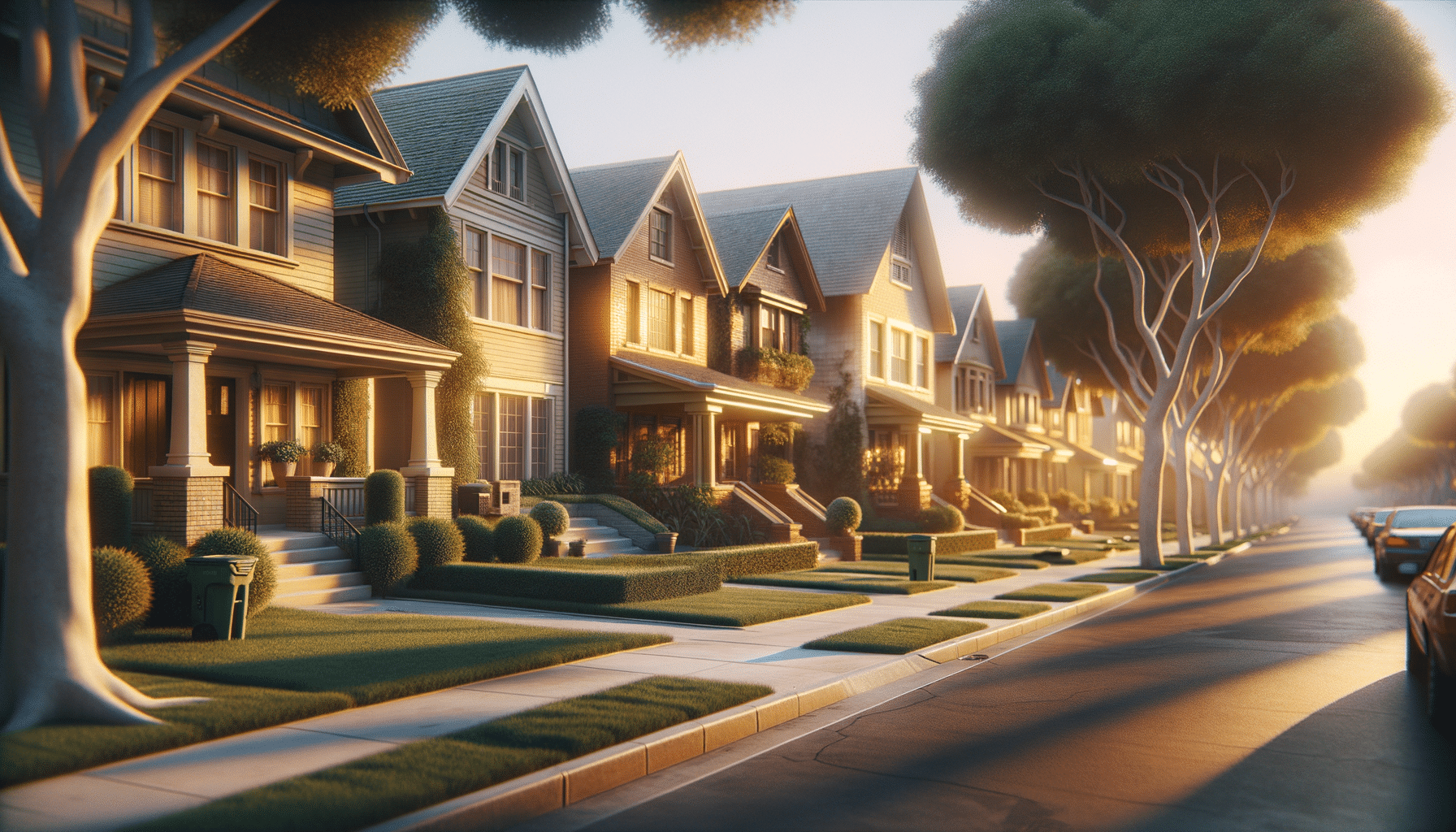
Urban Gardening: Growing Your Own Groceries
Imagine transforming your balcony or kitchen windowsill into a lush, green oasis where you can pluck fresh herbs and vegetables for your meals. Urban gardening offers this possibility, bringing the joy of growing your own groceries even in the heart of the city.
Why Urban Gardening?
Urban gardening has become a popular trend among city dwellers looking for a sustainable and rewarding hobby. According to the American Community Gardening Association, community gardens in urban areas have increased by over 200% in the past decade. This surge can be attributed to the environmental and health benefits of growing your own food.
Expert Insight
Renowned horticulturist and author, Emma Warren, explains, “Urban gardening not only helps in reducing your carbon footprint but also provides a direct connection to nature, which is often missing in urban living.” Her insights highlight the holistic benefits, from reducing food miles to promoting mental well-being.
Personal Experience: A City Gardener’s Tale
Take, for instance, the story of Michael, an accountant living in a bustling city. With limited space, he started growing tomatoes and basil on his apartment balcony. Not only did this hobby reduce his grocery bills, but it also became a therapeutic activity, helping him unwind after long workdays.
Getting Started: Actionable Tips
- Choose the Right Plants: Opt for vegetables and herbs that thrive in containers, such as cherry tomatoes, lettuce, and mint.
- Utilize Vertical Space: Make use of vertical gardening techniques to maximize limited space.
- Ensure Proper Sunlight: Most vegetables require at least 6 hours of sunlight, so choose a sunny spot.
- Invest in Quality Soil: Use high-quality potting mix to provide essential nutrients for your plants.
Resources for Urban Gardeners
Looking for more guidance? Websites like Gardeners.com offer valuable resources and community forums where you can learn from fellow urban gardeners.
Table: Ideal Plants for Urban Gardening
| Plant | Container Size | Sunlight Required | Watering Needs |
|---|---|---|---|
| Cherry Tomatoes | 12 inches | Full Sun | Moderate |
| Lettuce | 6 inches | Partial Sun | Frequent |
| Basil | 8 inches | Full Sun | Moderate |
| Mint | 10 inches | Partial Sun | Frequent |
| Peppers | 14 inches | Full Sun | Moderate |
| Spinach | 8 inches | Partial Sun | Frequent |
| Radishes | 6 inches | Full Sun | Moderate |
| Cilantro | 8 inches | Partial Sun | Frequent |
FAQ
What is urban gardening?
Urban gardening involves growing plants in an urban environment, often utilizing small spaces such as balconies, rooftops, or community gardens.
Do I need a lot of space for urban gardening?
No, urban gardening can be done in small spaces using containers and vertical gardening techniques.
What are the easiest vegetables to grow in an urban setting?
Some of the easiest vegetables to grow include lettuce, spinach, and cherry tomatoes.
Conclusion
Urban gardening empowers city residents to grow their own food, contributing to a more sustainable lifestyle. By choosing the right plants and utilizing available space effectively, you can enjoy fresh produce right from your own home. Start your urban gardening journey today and enjoy the benefits of fresh, home-grown groceries.


